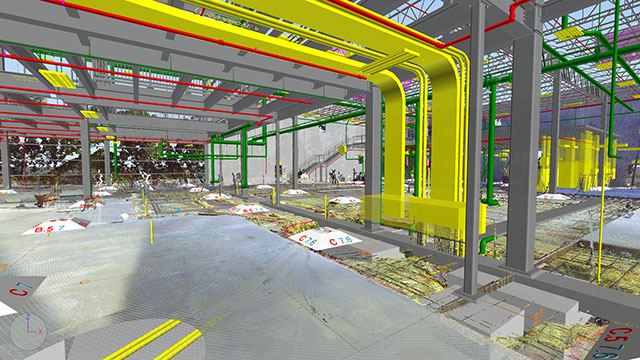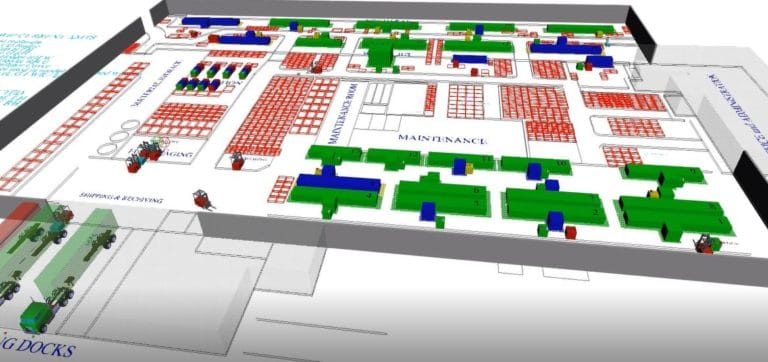 What is Simulation Engineering? The simulation engineering or simulation modeling process involves making a computer-generated 3D model of a system, which can be a piece of equipment, warehouse, manufacturing plant, automotive component, or other system which allows you to identify and resolve potential issues, challenges and problems before they happen.
What is Simulation Engineering? The simulation engineering or simulation modeling process involves making a computer-generated 3D model of a system, which can be a piece of equipment, warehouse, manufacturing plant, automotive component, or other system which allows you to identify and resolve potential issues, challenges and problems before they happen.
Simulation engineering also gives you the opportunity to test your planned work processes to see how they will play out once they’re implemented. Our lean manufacturing consulting firm uses manufacturing simulation and lean manufacturing simulation techniques to help our clients make important decisions and resolve complex engineering challenges using advanced technologies.
Utilizing our expert engineering services and industrial engineering solutions, you can have greater confidence in the plans you implement. You can also present an easy to understand model to others, such as investors, instead of explaining high-level concepts that are hard to grasp.
Manufacturing Simulation
If we’re utilizing plant simulation modeling for new construction, we’ll also consider the size and layout of the existing space. Once we have the necessary information, we’ll set about building your 3D model. When the model is complete, testing begins. We’ll test a number of different functions and processes to determine whether the model meets your standards. After testing, we’ll provide you with a copy of the simulation as well as a comprehensive report explaining the results and making recommendations. While virtually every industry can use simulation modeling for some purpose, here are a few common applications and benefits: 3D modeling is also useful for warehouses, electronics manufacturing, aerospace design, service providers, shipbuilding, just to name a few. When you approach us for lean manufacturing simulation, 3D models or industrial engineering services, we assemble a customized project team to ensure your needs are met. And because our team possesses more than 75 years of combined experience, you can rest assured of quality service.Applications and Benefits of Simulation Engineering

Lean Manufacturing Simulation